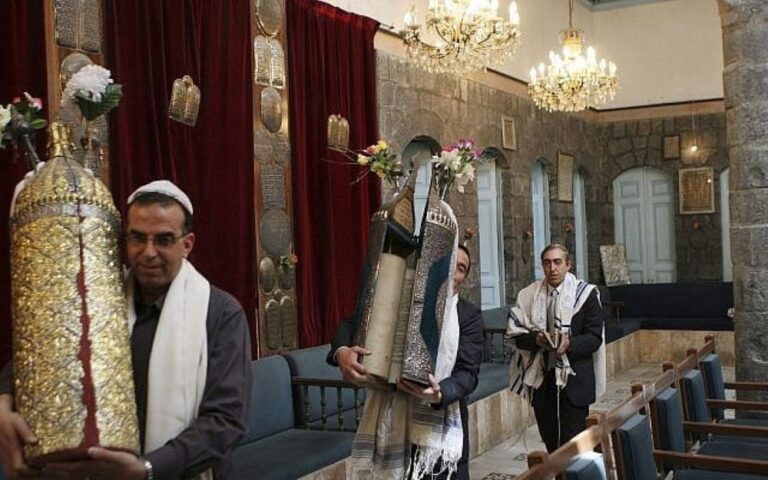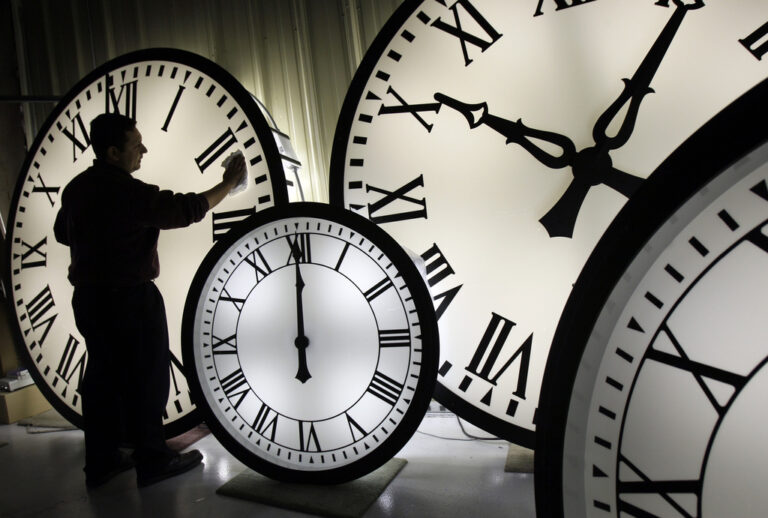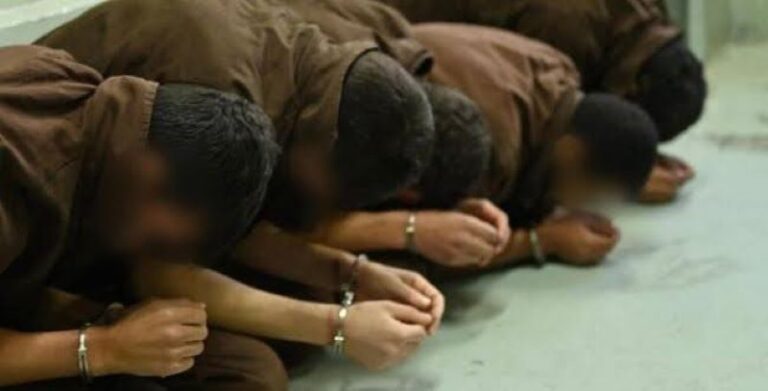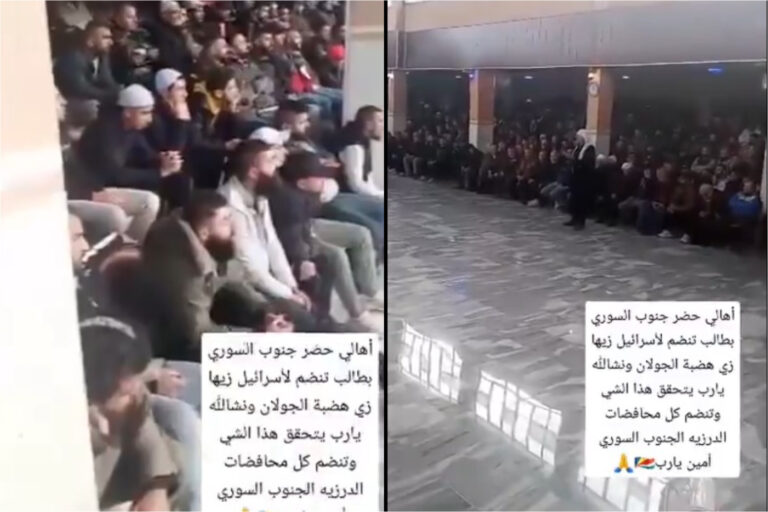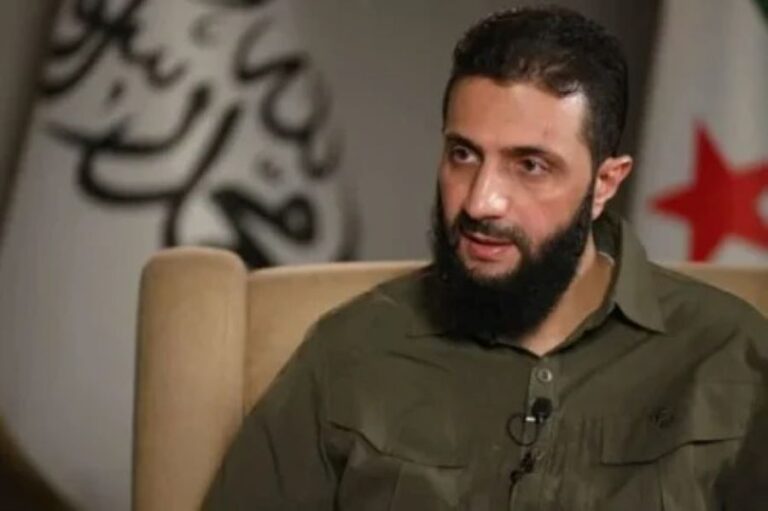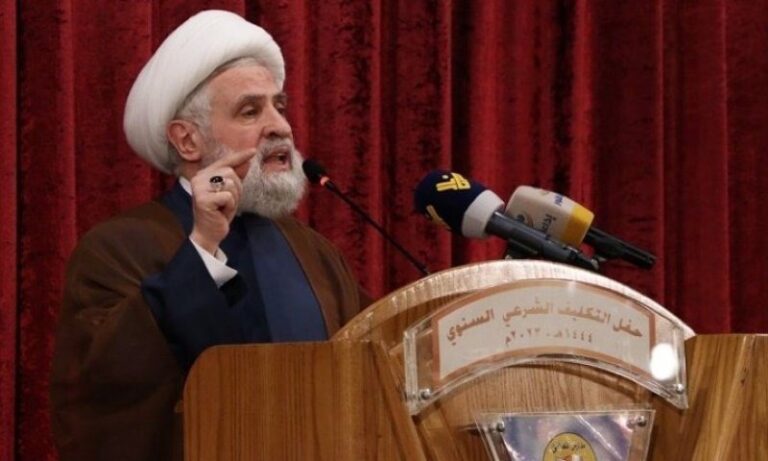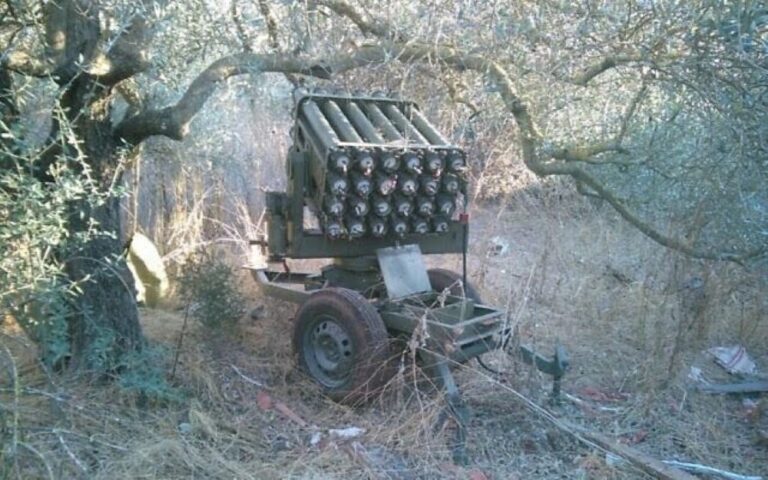 Sometimes, the old actor remembers the war far too clearly. Though he was only a small child, he can tell you about the explosions, and the Nazi soldiers patrolling the streets. He can list the friends and relatives who didn’t survive. He punctuates his stories with angry imitations of machine-gun fire: “TAT-TAT-TAT-TAT-TAT.” The last thing he wants is for war to return to Crimea.
Sometimes, the old actor remembers the war far too clearly. Though he was only a small child, he can tell you about the explosions, and the Nazi soldiers patrolling the streets. He can list the friends and relatives who didn’t survive. He punctuates his stories with angry imitations of machine-gun fire: “TAT-TAT-TAT-TAT-TAT.” The last thing he wants is for war to return to Crimea.
So what did he think when Russian soldiers suddenly appeared last week on the streets of the regional capital city, a silent, heavily armed presence that surrounded the local parliament and deployed around Ukrainian military bases?
He was relieved. “If the Russians weren’t here, the government of Ukraine would come and occupy us,” said Vladimir Sukhenko, a retired stage actor. “They would make us speak Ukrainian.”
Fear runs deep in Crimea, nourished by history and propaganda. If some Crimean Russians are quietly angry at the soldiers’ presence, more see them as protectors from a new Ukrainian government in Kiev that, they say, is ready to crush its Russian-speaking population.
“This government in Kiev is illegal,” said Sukhenko, a dashing 77-year-old with wavy grey hair that spills out the back of his cap, and an ingrained habit of kissing women’s hands. Like many in Crimea, he derides the Kiev protesters, who drove the former pro-Russian president from power with demands for more democracy and closer ties to the European Union. “We need to be an autonomous republic.”
Ukraine is facing a potentially crippling geographic and cultural divide, between supporters of Russia who dominate the east and south of the country and western Ukrainians who yearn for closer ties to Western Europe. One side of that divide is starkly visible in Crimea, the Black Sea peninsula long craved and cherished by Russia for its strategic location and warm weather.
From the late 1700s until the fall of the Soviet Union, Crimea was almost always under Russian and then Soviet control. Today, most Crimeans can trace their heritage to Russia and some here see themselves as only nominally Ukrainian. Russian is, by far, the dominant language.
So there was barely a hint of public opposition when Russian President Vladimir Putin, furious that an ally had been driven from power in Kiev, quietly dispatched soldiers last week to effectively seize control of Crimea. Because, beneath the geopolitics, many here are simply afraid.
Some, like Sukhenko, fear that their language could be pushed aside. Others have darker fears: of anarchy, or roving bands of Ukrainian right-wing militants, or terrorists who target Russian-speakers.
Ask around, and it’s hard to find anyone who has been a victim of an anti-Russian attack. But it’s easy to find people who believe it is happening.
“We are so scared,” said a middle-aged grocer who identified herself only as Lyudmila, speaking in the decaying Crimean naval town of Novo-Ozerne. Like many Russian-speakers, she believes the protesters in Kiev and the new government are dominated by nationalist militants, and that dozens, or even hundreds, of Ukrainian security forces were murdered by them during the demonstrations. “I’m so frightened of the chaos in Kiev,” she said, weeping in obvious terror. “It might come here.”
Even some Russian-speakers anxious for Crimea to remain part of Ukraine say they are glad the Russian soldiers can protect them if the situation turns ugly.
Reporters and human rights monitors say that while there are ultranationalists in the protest movement, they make up a small percentage of the protesters. Of the nearly 100 people who died in the clashes, the overwhelming majority were protesters.
But Moscow understands these fears very well, and has been carefully cultivating them since the Kiev protests began late last year, with news reports on state television — widely watched here — relentlessly portraying protesters as quasi-Nazi extremists.
“As a result of the violent seizure of power (in Kiev), the country has seen a totally new regime: brazen, cynical and brutal,” said Dmitry Kiselyov on his popular “News of the Week” show recently. He said the new government used “militants, soccer hooligans and neo-Nazis” to enforce its rule in Russian-speaking regions. Putin, meeting with reporters a few days ago, said that “rampaging neo-Nazis” now dominate the streets of Kiev.
World War II-era Soviet newsreels are played and replayed on some channels, with one showing a Nazi swastika spreading across Europe and swallowing up every country in its path. The allegory is clear: the new government in Kiev, and the European Union, want to swallow up Russian-speaking Ukraine. In a country that was savaged during the war, such propaganda resonates deeply.
Alexander Gertsen, head of the history department at Crimea’s Taurida National University, said these fears were magnified when nationalist lawmakers sought to annul a law that had raised the status of the Russian language. While their attempts failed, this terrified Ukraine’s Russian-speakers.
“It was like a detonation,” Gertsen said.
The question now is just how widely such fears are felt. Certainly many Crimeans are terrified by the changes in Kiev, and welcome the Russian soldiers’ arrival. But there have also been growing whispers of opposition among Russian-speakers.
The Russians are destabilizing the region, and their seizure of power could spark serious violence, a group of Russian-speaking Crimeans told an AP reporter recently in the town of Kerch. With Russia widely expected to create a Crimean puppet state here, few people want to risk angering authorities in Moscow.
Gertsen, the professor, noted Wednesday that Crimea has faced wave after wave of invaders and occupiers over the centuries, and that it’s often not even clear what counts here as stability.
The Soviet dictator Josef Stalin upended Crimea’s social makeup when he expelled the Tatars, the Turkic people who had lived on the peninsula for centuries, en masse into Central Asia in 1944.
Wednesday, Gertsen pointed out, was the 61st anniversary of Stalin’s death, a day that marked one of the most dramatic changes of power in the 20th century, leading to immense changes in the Soviet Union.
But, he said, the effects of what Stalin did are still felt here: “The process that started with his death has yet to finish.”
(AP)


